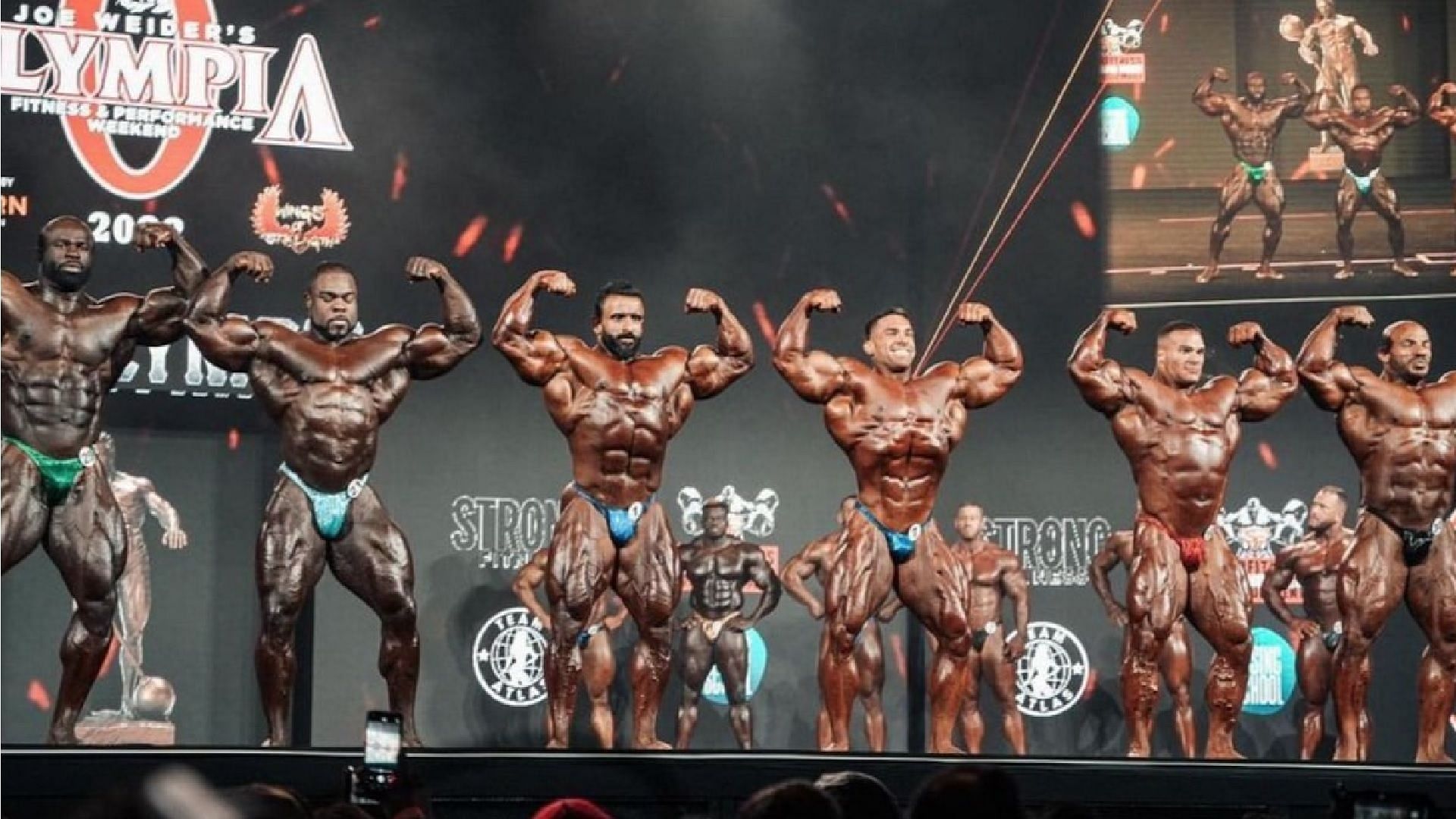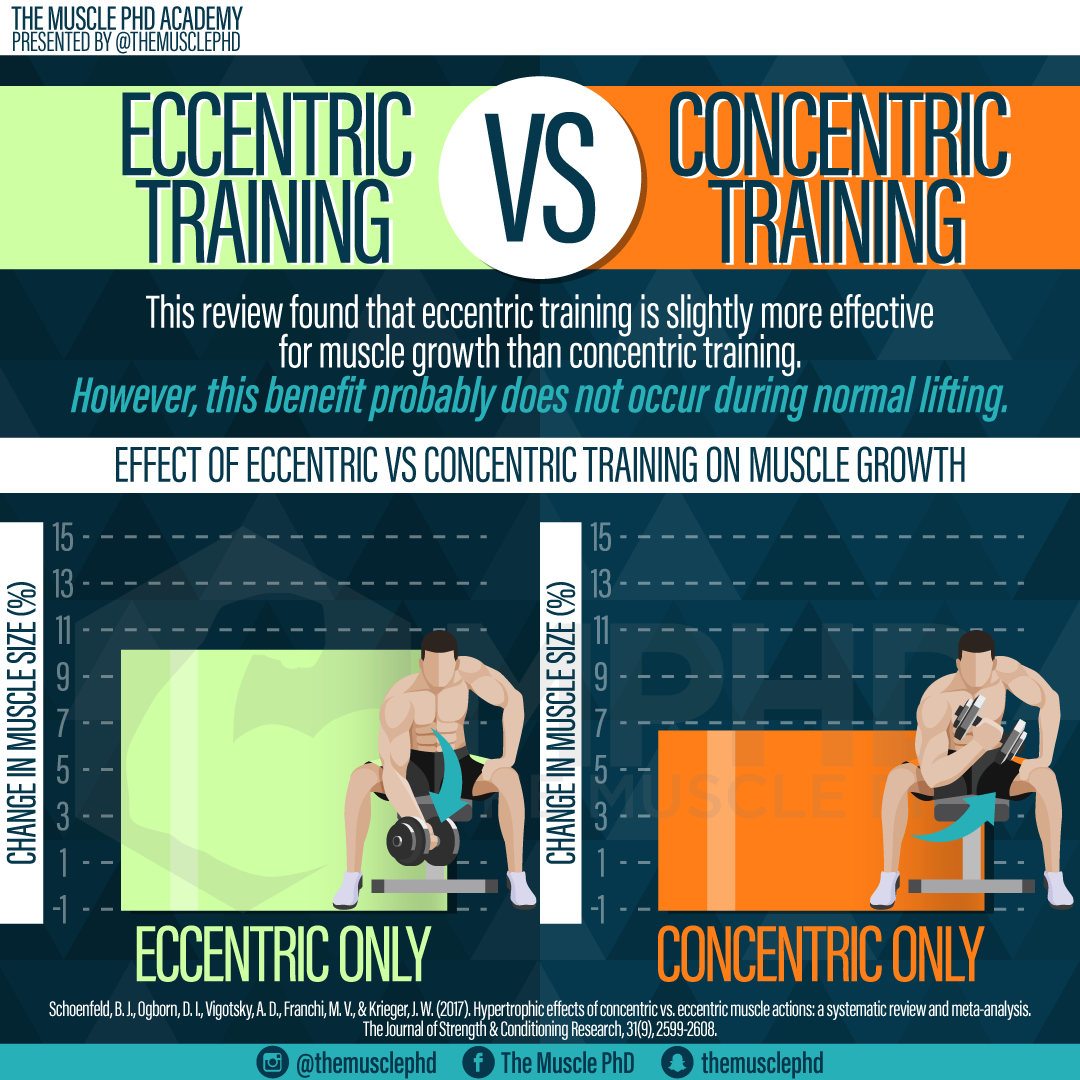
Champions of the Stage: A Look into the Iconic IFBB Competitions
The world of bodybuilding is as much a celebration of physical prowess as it is a testament to dedication, discipline, and aesthetic beauty. Among the many platforms where these virtues are showcased, the International Federation of Bodybuilding and Fitness (IFBB) competitions stand tall and proud as the pinnacle of the sport. From local contests to prestigious global shows, IFBB competitions have become iconic in their representation of strength and artistry, attracting competitors and fans from all corners of the globe.
The Birth of IFBB
Founded in 1946 by the legendary bodybuilder Joe Weider and a group of fitness enthusiasts, the IFBB has played a foundational role in shaping modern bodybuilding. The organization aimed to promote the benefits of weight training and bodybuilding while establishing rules and guidelines for competitions. Over the decades, the IFBB has strategically evolved, leading to the diversification of events, the inclusion of various categories, and the international expansion of its competitions.
Icons of Bodybuilding
Some of the most celebrated athletes in the sport have risen through the ranks of IFBB competitions. Names like Arnold Schwarzenegger, Lee Haney, Ronnie Coleman, and Flex Wheeler have all left indelible marks on the sport, not just through their victories but also through their ability to inspire countless individuals to pursue bodybuilding. These champions have proven that success in bodybuilding requires not only formidable genetics but also an unwavering work ethic, strategic planning, and mental fortitude.
The Major Competitions
While the IFBB hosts many competitions around the world, a few stand out due to their history, prestige, and competitive rigor:
Mr. Olympia
Perhaps the most iconic event in bodybuilding, the Mr. Olympia competition has been the centerpiece of IFBB events since 1965. Held annually, it attracts the best bodybuilders from around the world to compete for the coveted Sandow Trophy. Winning Mr. Olympia is the culmination of years of hard work and dedication, and the champions of this title become legends in the sport. The event has transcended bodybuilding, turning into a cultural phenomenon that garners significant media attention.
Arnold Classic
Named after the iconic champion Arnold Schwarzenegger, the Arnold Classic is a multi-sport event that also showcases bodybuilding at its finest. First held in 1989, it has become a staple on the bodybuilding calendar, attracting top-tier competitors and massive audiences. The Arnold Classic often features a variety of categories, allowing for a broader representation of bodybuilding disciplines, including fitness and figure competitions, thus promoting diverse body representations.
IFBB World Championships
The IFBB World Championships is another significant event on the calendar, showcasing the best amateur competitors from various nations. This competition serves as a platform for aspiring athletes to showcase their talents on a global stage with the chance to earn pro cards, allowing them to compete in professional events. The championship embodies the spirit of camaraderie and competition, fostering international connections among bodybuilders and enthusiasts alike.
Diversity in Bodybuilding
In recent years, the IFBB has made strides in recognizing and promoting diversity within the sport. The introduction of various categories, such as Women’s Physique, Bikini Fitness, and Classic Physique, reflects a more inclusive representation of beauty and athleticism. This diversification not only attracts a wider range of competitors but also encourages new audiences to engage with the sport.
The Future of IFBB Competitions
As bodybuilding continues to evolve, the IFBB faces exciting challenges and opportunities. The rising popularity of fitness trends, increased media exposure, and advances in nutritional science contribute to the dynamic nature of the sport. It is essential for IFBB competitions to adapt and respond to changing societal values surrounding fitness, health, and body image—promoting not only aesthetics but also physical and mental well-being.
Conclusion
The IFBB competitions are more than just events; they are celebrations of human potential, resilience, and artistry. They encapsulate the spirit of the sport and highlight the remarkable journey of athletes who dedicate their lives to bodybuilding. As we look ahead, it is clear that the legacy of the IFBB will continue to inspire future generations of bodybuilders, champions both on and off the stage, reminding us all that greatness is born from passion, perseverance, and commitment. The champions of the stage are not merely competitors; they are icons who shape the narrative of bodybuilding for years to come.






